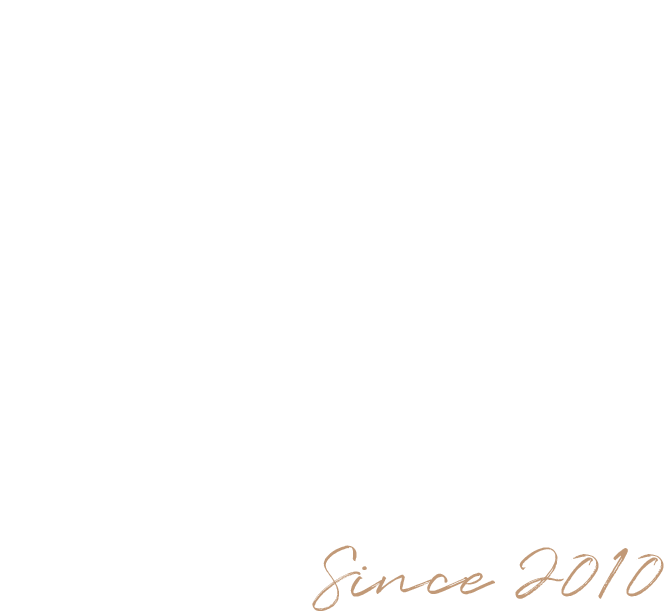HOW SHOULD I STORE MY WHISKY FOR INVESTMENT?
After waiting a few years, whisky tends to increase in value. If you have decided to invest in whisky, you will want to ensure you store it correctly. We invite you to read on as we offer some useful tips and information about keeping your whisky in top condition.




STORING BOTTLED WHISKY
Your first investment in whisky is likely to be by purchasing and storing bottles. Most collectors start this way because it is accessible and affordable, with the possible exception of particularly rare whiskies. You could opt to keep your stock in a safe place at home or in a dedicated storage facility, depending on the value and your contents insurance policy cover.
Significantly, bottles of whisky are usually easier to store than wine. Connoisseurs advise keeping bottles in a cool area, away from sunlight and excessive humidity. Unopened bottles keep well for a long time if stored upright to prevent direct contact between the alcohol and the cork.
Of course, it is essential not to open the bottle (under any circumstances!). Careful handling is vital to avoid total loss through accidental dropping.
Potentially, owners could benefit from selling a bottled product at any time, especially if the value peaks earlier than expected. Future buyers are likely to place added value on bottles of vintage spirits and ornate, period packaging.
STORING WHISKY IN CASKS
As they gain experience, the next step for investors is cask ownership. Suppose your whisky is in a cask. In that case, the distillery is responsible for managing the physical environment of the cellar or other secure storage area.
Investors should be aware of newly filled versus older casks’ differing characteristics, i.e. those containing maturing whisky. Typically, experts consider it safer to invest in an aged barrel because the liquor will already have absorbed its distinctive aroma and taste from the oak.
Whereas newer casks are usually cheaper, the quality of the spirit is less certain. Thus, to favour maximum returns, investors regularly hold onto such barrels for at least six to ten years before deciding to sell.
Finally, while investing in a cask tends to offer greater potential total returns, one ought to note that:
- Infrequently, a cask may have off-notes that affect the taste during maturation.
- During the ageing process, the alcohol content can sometimes evaporate more than expected, a phenomenon known as the angel’s share.
- The reduced flexibility regarding a possible early sale may not appeal to some investors.
- There are additional charges for storage, insurance, bottling, VAT when bottled and trading fees when sold.
Additional Links
WHISKY INVESTMENT BROCHURE
Download our whisky investment brochure. Highlighting trends in the whisky market.
HOW TO INVEST WITH WHISKY INVESTMENT UK
We will guide you through the entire process form start to finish and find the best way to add whisky casks to your portfolio whether you’re a private or retail client.
OUR LATEST WHISKY PRICELIST
Find pricing, delivery and availability information for the worlds finest whiskies, updated daily.
WHAT IS THE BEST WHISKY TO INVEST IN?
If you would like to know how to spot a whisky that could turn out to be a worthwhile investment, read on.
As an Investment Partner through Whisky Investment UK we can assure you:
CASK OWNERSHIP
You own individual whisky casks 100% outright.
STORAGE
Casks are stored in secure HMRC government bonded warehouses.
V.A.T
There’s no VAT to pay as duty’s suspended.
PERFORMANCE
You’re not reliant on a single fund manager or company to perform.
GUARANTEE
If the bonded warehouse goes bust, it has no impact your investment.
FULLY INSURED
It’s fully insured against theft, accidental damage.
DOWNLOAD OUR GUIDE
The Whisky Investment UK guide will teach you all you need to know about the world of whisky, from expanding your knowledge to making your first investment.


